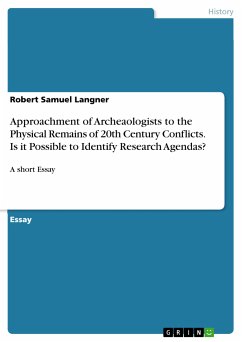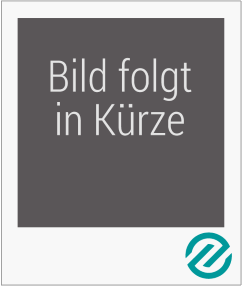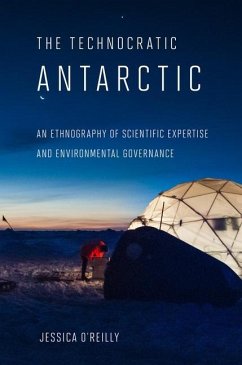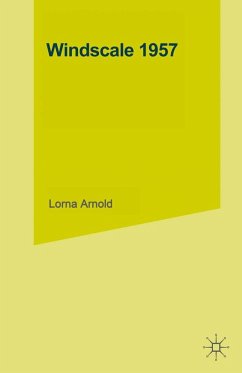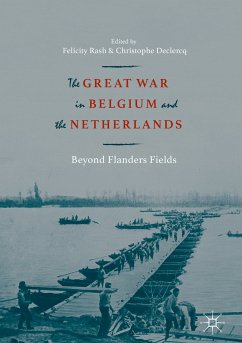
Antarctic policymaking and science in the Netherlands, Belgium and Germany (1957-1990) (eBook, PDF)

PAYBACK Punkte
6 °P sammeln!
The central questions of this research are the following: What was the Antarctic policy of the Netherlands from the late 1950s until 1990? What were its motives, goals, means and effects? What were the roles of the government, the scientific community, non-governmental organisations and possible other actors in this policy? How can these be explained?The focus of this study is on Dutch Antarctic policy. In order to explain Dutch Antarctic policy from the late 1950s until 1990 and to place it in a broader context, Dutch policy will be compared with the Antarctic policies of Belgium and Germany ...
The central questions of this research are the following: What was the Antarctic policy of the Netherlands from the late 1950s until 1990? What were its motives, goals, means and effects? What were the roles of the government, the scientific community, non-governmental organisations and possible other actors in this policy? How can these be explained?The focus of this study is on Dutch Antarctic policy. In order to explain Dutch Antarctic policy from the late 1950s until 1990 and to place it in a broader context, Dutch policy will be compared with the Antarctic policies of Belgium and Germany (Federal Republic of Germany, FRG) in the same period.6 The comparison offers insights into the functioning of the ATS and into the roles - if any - of the three countries in this international regime in the period under investigation. This adds another central question to this research: How does Dutch Antarctic policy compare with the Belgian and German Antarctic policies in the same period? This research will not focus on the actual Antarctic scientific research activities of the Netherlands, Belgium and Germany from the late 1950s until 1990 but will concentrate on their Antarctic policies. Policy with regard to science is one aspect of this.
Dieser Download kann aus rechtlichen Gründen nur mit Rechnungsadresse in A, B, BG, CY, CZ, D, DK, EW, E, FIN, F, GR, HR, H, IRL, I, LT, L, LR, M, NL, PL, P, R, S, SLO, SK ausgeliefert werden.




